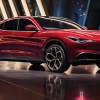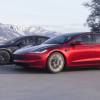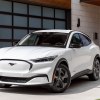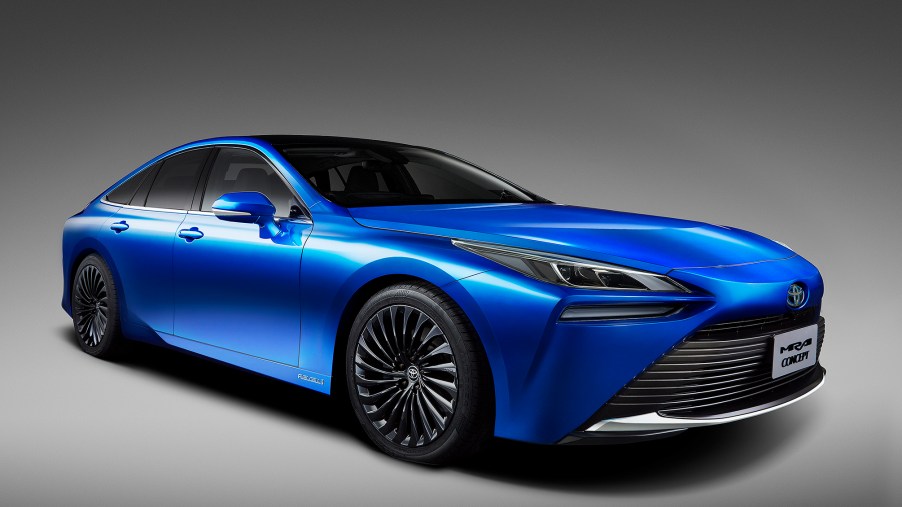
Toyota Not Bullish on Bans of Internal Combustion Engines
Yesterday we covered Europe Is killing internal combustion engines for commercial vehicles by 2040. We also have previously covered how different nations are making similar moves for regular consumer vehicles. Today, the word is that Toyota may not be on board with the timeframe for the shift to alternate fuels. If they could have their way, the battery-electric or hydrogen fuel cell transition would happen a lot slower.
Blanket bans of internal combustion engines
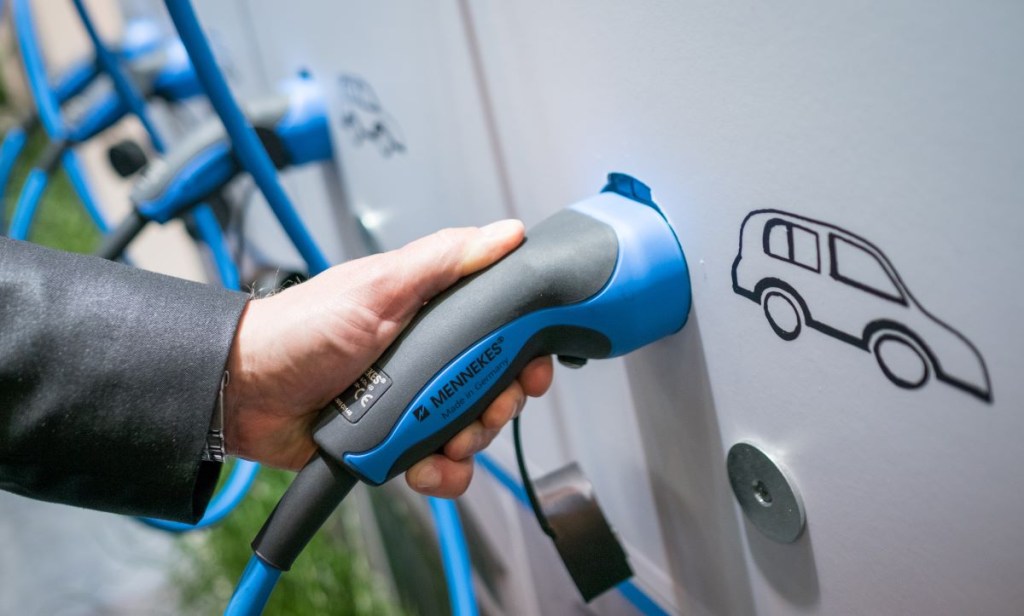
In recent months, bans of internal combustion engine vehicle sales have been placed on the phase-out timelines of several nations and regions globally. For example, England announced a ban to be implemented in 2030. California and Quebec are aiming for 2035 as a target for implementation. Also, as mentioned before, commercial vehicles driven by internal combustion engines will have their sales cease in Europe according to an agreement the was signed by multiple manufacturers just Tuesday. In fact, there is a sense that in the next 15 years, the majority of internal combustion engines that consumers are familiar with now may die. Electrification is seen as a wave that is coming in.
Toyota not comfortable with blanket bans
Toyota Motor Corporation President, Akio Toyoda, is not comfortable with the timeframes for the bans. In a recent Wall Street Journal report covering the Japan Automobile Manufacturer’s Association news conference, Mr. Toyota is said to have strongly voiced his concern with blanket bans in general. He said, “the more EVs we build, the worse carbon dioxide gets” referring to the fact that the majority of power generation in Japan comes from coal and natural gas. So, the energy needed to charge all the cars could cause power shortages unless infrastructure is updated as quickly as battery technology is being updated.
Even with opposition from one of the world’s largest automakers, such as Toyota Motor Corporation, experts are likely feeling that the tide is coming in. This, perhaps, explains why there is so little opposition from automakers at large. Tesla, for example, has shown that electric cars are viable. The company is also making headway in lowering the cost of entry to electric cars. It is strategizing on how to bring a $25,000 electric vehicle to consumers quickly. Consequently, many manufacturers have fast-tracked their own electrification programs.
Toyota concerned infrastructure is not in sync
However, the concern about the infrastructure falling behind the demand is nonetheless valid. Many governments are making moves to bolster electric charging and working with utilities to see how not to overburden the electrical grid. But, governments being what they are, those moves are likely to be slow.
Instead, Toyota has long been a proponent of hybrid technology. At the same time, the automaker has even dabbled in hydrogen fuel cell technology. The company will even have a full battery electric vehicle hitting the showrooms soon.
Voices will be heard when the infrastructure hiccups
The automotive industry is brutal, though. Many companies have been left behind before. As a whole, right now, the industry seems focused on electrification overall regardless of the state of the infrastructure. With all that said, the decision to ban electric vehicles quickly or at a more gradual pace lies in the consumers’ wallets and voices. If the infrastructure starts failing, then those voices and wallets will certainly be heard. But, time and technology both march on. So, the question is, how quickly before the marching will sync? Thoughts to ponder. In the meantime, Toyota is not bullish on blanket bans of internal combustion engines.
